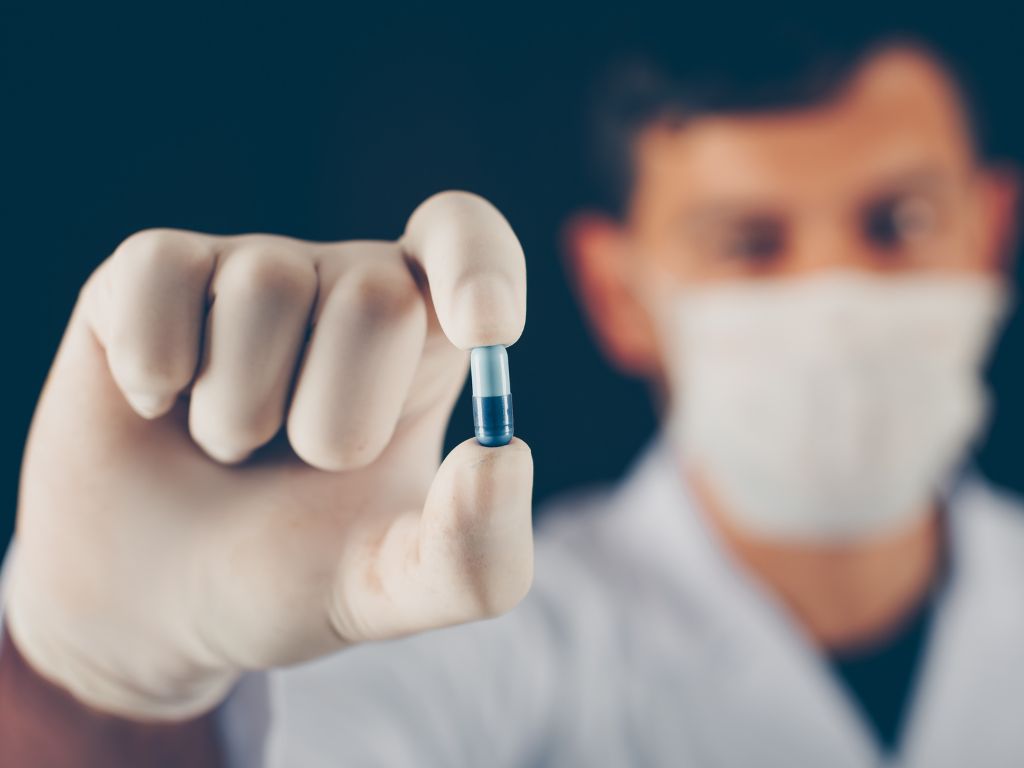The Department for Science, Innovation, and Technology (DSIT) in the UK has unveiled a significant investment of £13.9 billion in research and development for the upcoming year. This move comes at a time when the US is scaling back its R&D budget, presenting an opportunity for the UK and other nations to take the lead in the bio sector. The focus of DSIT’s funding will be on key areas like life sciences, green energy, engineering, and space technologies, with the goal of enhancing quality of life, technological advancements, and economic growth.
Overview of the Investment
The funding from DSIT will be channeled into projects with high potential for social and economic impact. This includes initiatives such as the development of medical breakthroughs like blood tests for early dementia detection, as well as large-scale projects like the creation of the world’s most advanced wind turbine testing center. The increased funding will also bolster efforts in combating antimicrobial resistance, advancing the energy transition, refining climate modeling, and enhancing the UK’s capabilities in space technology.
A significant portion of the funding will be allocated to UK Research and Innovation (UKRI), the national research funding agency, which will distribute £8.8 billion to support universities, research institutes, and innovators.
Economic and Social Implications
The investments are expected to have a substantial impact on job creation, fostering start-ups, and attracting private investments. Public funding in R&D generates multiple benefits by enhancing the competitiveness of the scientific community and providing access to cutting-edge technologies.
The increased investment will also improve accessibility to research infrastructure for a wider audience and help the UK maintain its position as a hub for scientific and innovative excellence. With other countries slashing their budgets, there is an opportunity to draw in major corporations from the bio-industry to the UK. Sustainable funding and investment are vital for the longevity of scientific progress, necessitating strategic decisions from stakeholders in the bio-sector.
Vinted’s Venture into Life Science Equipment
Vinted, known for its clothing resale platform, has expanded its offerings to include laboratory equipment through a new recommerce platform called wasteless.bio. This platform enables researchers, startups, and institutions to buy and sell unused laboratory equipment at reduced prices compared to new products, lowering research costs and promoting efficient fund utilization.
Wasteless.bio plays a crucial role in the circular scientific economy by facilitating the reuse of surplus equipment, thereby reducing waste and the demand for new production. This is particularly beneficial for smaller laboratories and young companies with limited budgets, offering them a chance to decrease operational costs initially and potentially attract long-term investors by demonstrating the value of their research projects.
The £13.9 billion investment marks a significant milestone for the UK’s scientific community and economy. It accelerates the development of innovations that can benefit society, while platforms like Wasteless.bio ensure that this progress is sustainable, cost-effective, and inclusive. The combination of targeted public investment and innovative technology solutions empowers the scientific community and sets the stage for robust, sustainable advancements.

